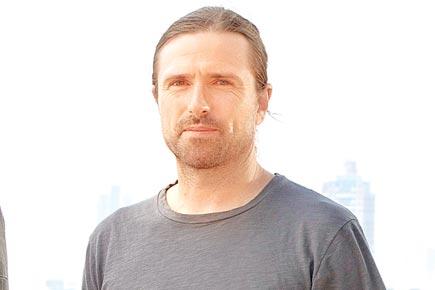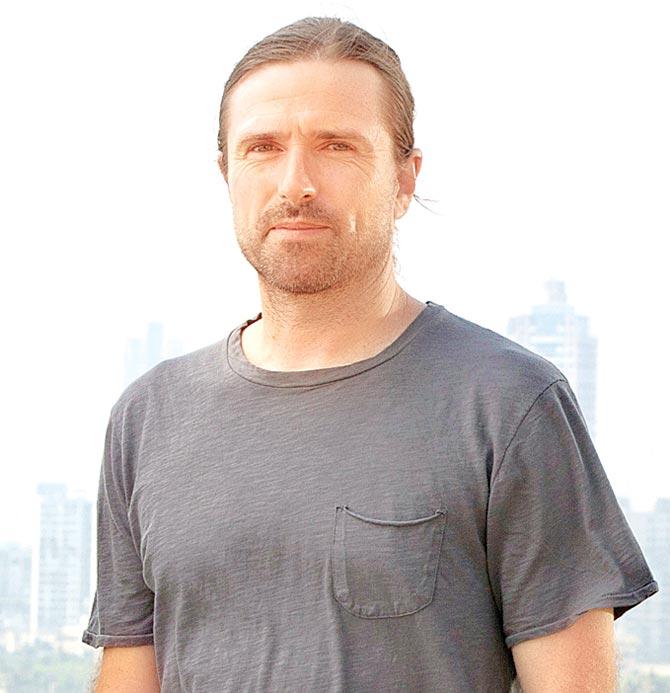'War Machine' director David Michod questions the minds behind America's involvement in the war in Afghanistan; hopes to find answers through the movie as well

David Michod

David Michod
Writer-director David Michod was in India to promote his forthcoming Brad Pitt-starrer 'War Machine' - an absurdist satire on America's never-ending involvement in Afghanistan. The series is loosely adapted from Michael Hasting's 'The Operators: The Wild' and terrifying inside story of America's War in Afghanistan.
In a brief conversation with mid-day on the sidelines of the show's screening in Mumbai, Michod talks about how it came about. Excerpts from the chat:
How difficult was it for you to adapt the book for reel?
It was quite tricky. I was drawn to the character of the General and knew I wanted to take it away from just the General's experience and make it bigger in context, about the entire American War Machine.
How did you decide on Brad Pitt for the eponymous role?
Brad's company had the rights to the book, so when I was writing it, I hoped it would be for Brad. I could say, through the many discussions we had on the subject, he was highly interested.
Would you also say that, throughout the movie, it's your voice that's coming through — about America's role in Iraq and Afghanistan?
My voice slips in every now and then. It feels now, as though the movie is asking the questions that I was asking myself while researching on the war. Both America and Australia have been involved in this war that has gone on for 16 years, with no clear end in sight. I keep asking myself how is this possible? I presume that the men (and it's always men) running, orchestrating the show must be intelligent and capable. How can they not see the futility of this as clearly as I do? And when I discovered Michael's book, I realised they lived inside these bubbles of delusion and personal ambition. That's why I wanted this movie to be asking those same questions. And hopefully answering them too.
Do you feel a resistance to such kind of critical cinema, because in India, we'd never be able to make a film denigrating the establish-ment to such an extent?
It is very tricky. All the movies made in America about war are particular in expressing the experiences of the troops and are made out of respect. We knew that this movie would be difficult to make in the studio system because the studios would be afraid of the economics. But it was important that this kind of a movie becomes part of the conversation
on war.
 Subscribe today by clicking the link and stay updated with the latest news!" Click here!
Subscribe today by clicking the link and stay updated with the latest news!" Click here!









